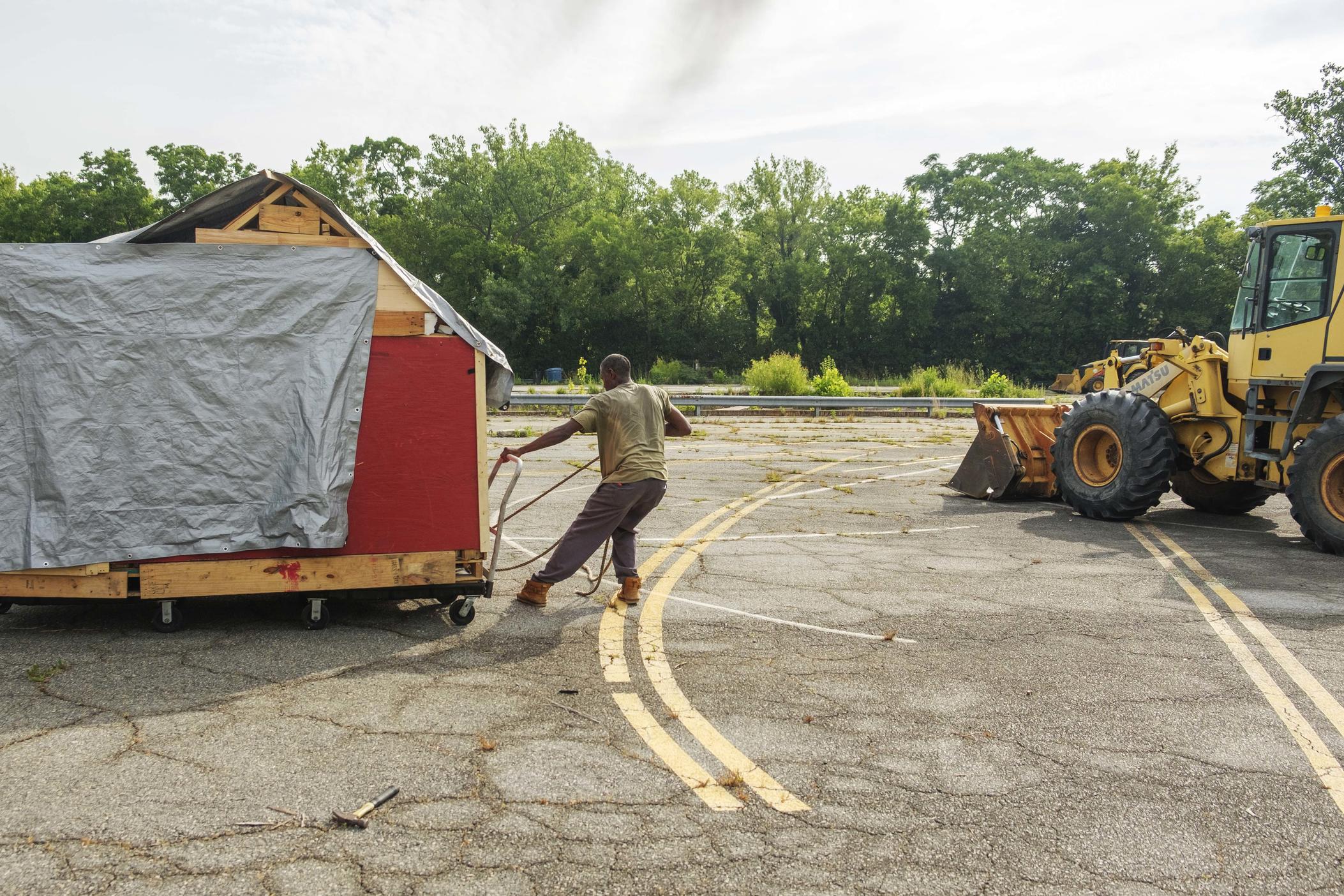Section Branding
Header Content
A growing unhoused population has been linked to rising overdose deaths. Supportive housing can help
Hero Image

Primary Content
In recent years, some state and local governments have declared homelessness a public health crisis. One symptom of homelessness: more mental health issues.
A new study from the University of Georgia measures the correlation between homelessness and deaths from drugs and alcohol. Featured in an issue of the Health Affairs journal on housing and health, the study uses overdose death data and annual counts of unhoused people from cities like Atlanta, Columbus and Augusta.
“We're just looking strictly at deaths directly from the substance,” said co-author David Bradford. “We don't want to make the mistake of saying, oh, homelessness is causing the deaths when it's this underlying opioid use disorder.”
In doing so, Bradford and researcher Felipe Lozano-Rojas from the UGA School of International and Public Affairs found causal relationships between different types of homelessness — chronic, sheltered and unsheltered — and substance-related deaths.
Because while Bradford said it’s well known that homelessness creates significant barriers to health care, such as treatment for substance use, what’s been missing is a number, to help explain the connection between a growing unhoused population nationally and the ongoing opioid epidemic.
“What we found was if there was a 10% increase in homelessness, we would expect to see about a 3.2% increase in opioid deaths,” said Bradford, or about 68 deaths for every 4,500 newly unhoused people.
More specifically, a 10% increase in homelessness resulted in a 5% increase in overdose deaths from fentanyl, according to Bradford and Lozano-Rojas model, and a 5.6% increase in deaths from alcohol poisoning.
Bradford says more rapid rehousing and less punitive eviction policies could tackle this. A separate study in the same journal issue measures the effect of a housing-first project in Denver on mental health care access — those with housing visited the doctor for psychiatric diagnosis 10 times more than those without over a two-year period.
Permanent supportive housing programs are built on this idea too. Erika Parks, Director of Housing for River Edge Behavioral Health in Macon, said out of the 279 people they placed into housing last year, only two died as a result of substance use.
“Coming into a supportive housing program that provides those wraparound services definitely helps reduce harm,” said Parks.
As part of its housing efforts, River Edge, middle Georgia’s largest behavioral and mental health care provider, partners with local landlords and runs its own communities meant for people who are chronically homeless, in danger of losing housing or in other vulnerable situations.
The key of the program, said Parks, is that no one in need is turned away. Instead, they take a harm reduction approach to substance use, providing clean needles and Narcan as well as opportunities for inpatient and outpatient services
“We're not here to stop you from using, but again, we want to stop you from dying,” Parks said. “And what does that look like? You being in housing and being safe.”
River Edge recently received $1.2 million for its permanent supportive housing program in Fulton County as part of annual grants from the U.S. Department of Housing and Urban Development. Housing programs run by community continuums of care in Savannah, Athens, Marietta DeKalb County and others also received money.

